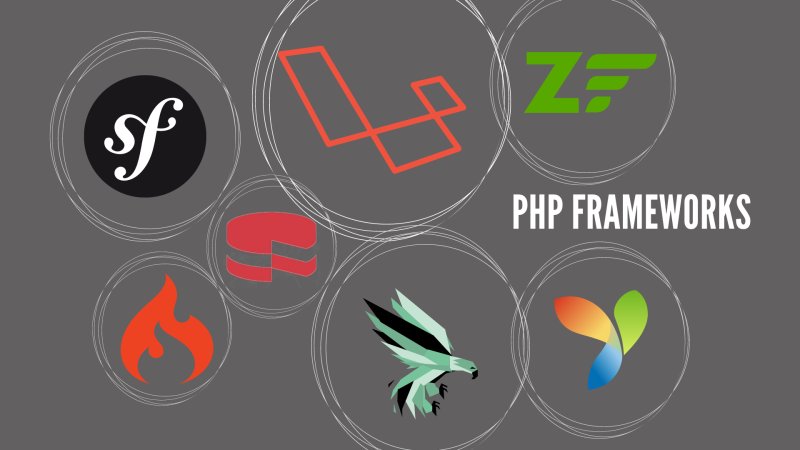
Which PHP framework to choose for project development in 2022
A framework is a software environment for developing individual projects of any complexity: a corporate website, an online store, a marketplace, an LMS system, a CRM system, and even an ERP system for an enterprise. Unlike CMS, frameworks are used when you need to implement an elaborate, out-of-the-box product with custom logic, flexibility and adaptability, which none of the widely popular CMS can boast of.
Each framework has its own advantages and limitations, which can have an impact on:
- development timeframe;
- the cost of project implementation;
- the level of dependence on the team that developed the project;
- the ease or complexity of product technical support;
- flexibility in terms of finalizing the product.
In the current article we will talk about which PHP framework to choose for software development in 2022 to get a viable and sustainable product, with a high level of security and flexibility to future growth.
What is a PHP framework?
PHP framework - a platform that allows you to quickly and accurately create various level projects in PHP.
A PHP framework contains libraries with ready-made functions and classes and, most often, elements to implement software design templates. The latter is a ready-made skeleton of the future project, on which the developer builds the code.
PHP frameworks have become common practice because they take care of repetitive aspects of web development. In addition, the library functions and classes conform to standard web development practices and are well tested. By using them, you won't have to constantly reinvent the wheel, and you'll greatly reduce the likelihood of bugs that can escalate and cause breakdowns.
Last but not least, the advantage of using these frameworks is that they make your code readable and understandable for other developers who may be working on the same project.
Why is using a PHP framework for your project optimal?
Let's look at a few reasons why using a PHP framework is better than developing in a pure programming language:
- Speed of development. Frameworks contain built-in functions and classes, which contributes to faster development of even complex projects.
- Improved performance. Frameworks are thoroughly tested for quality and performance, which as a result helps businesses meet their performance needs.
- Less code. The need to write original code is reduced by using the framework's built-in functions.
- Libraries for common operations. When developing any project, there are many repetitive tasks, such as validation, data cleansing, etc. Frameworks allow you to perform such common tasks using built-in functions.
- Built-in security. Using PHP frameworks minimizes the likelihood of exploits such as cross-site scripting and SQL injection. When developing on a PHP framework, your project will have built-in protection against common threats.
- Maintenance. PHP frameworks help create a more compact and maintainable codebase. In addition, support for the underlying framework itself is taken care of by the framework developers themselves.
What is the best PHP framework?
Wikipedia suggests about 40 PHP frameworks, but how do you know which one is best and how do they differ?
We've compiled the 7 best frameworks and explained their advantages and disadvantages below.
Laravel
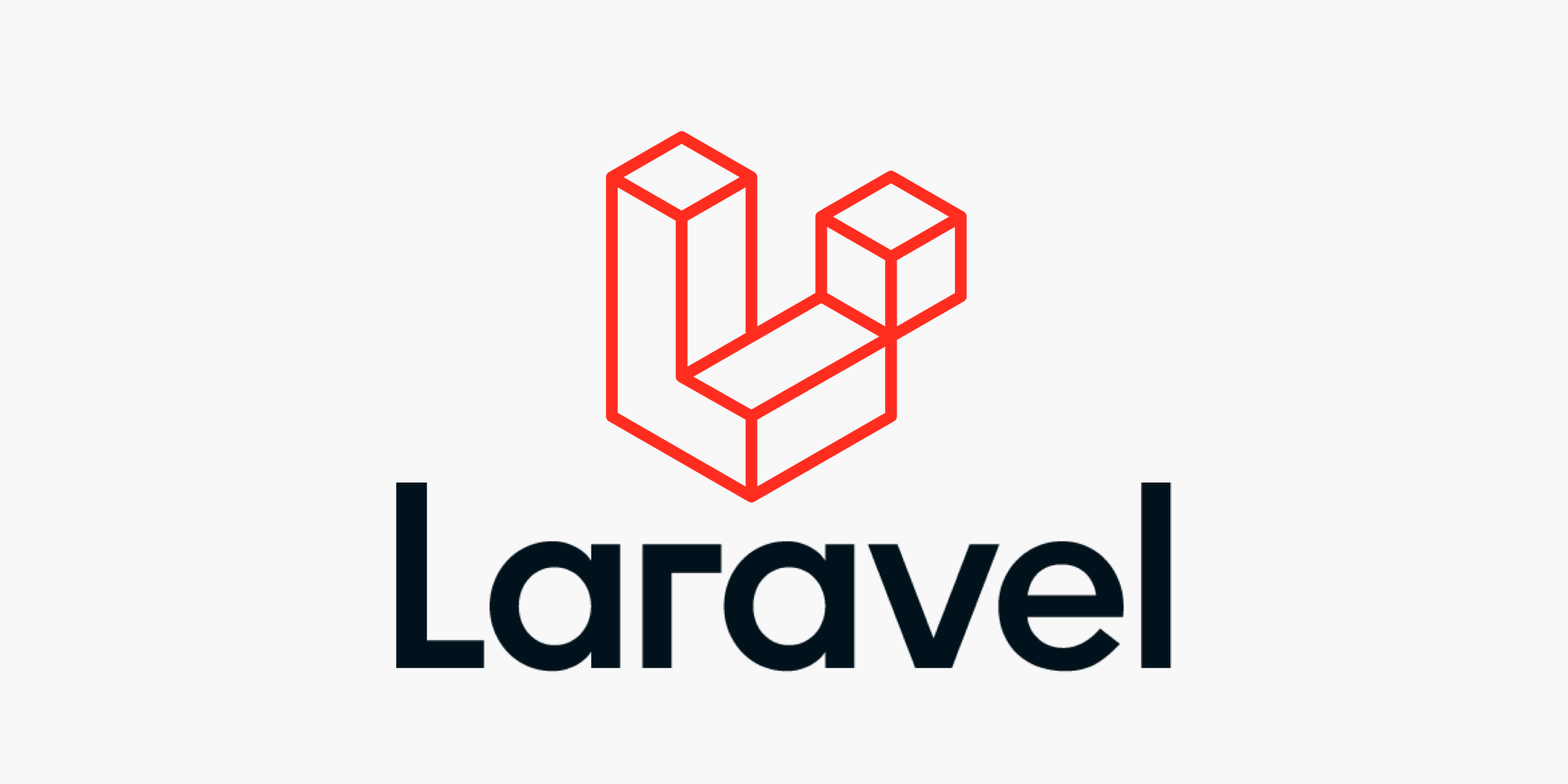
Laravel is currently the most popular framework among PHP projects. According to the results of the sitepoint survey, this framework took the first places in the categories "Enterprise-level framework" and "Framework for personal projects".
The creators of this framework made sure that all components that can harm system data are simply removed. Its robust security features make this framework a good choice for highly secure projects such as marketplaces, CMSs, etc.
Why use Laravel?
- The Laravel framework provides a virtual design and development environment without installing PHP, HHVM, a web server, or any other software server.
- Laravel is full of features that help customize complex applications - authentication, authorization, encryption, hashing, password resets, data migration, routing, MVC architecture support, and more.
- To speed up development time, this framework has a tool in the console - Laravel Artisan Console, which speeds up development by generating template code and automating repetitive tasks.
- Laravel is highly valued among developers and customers alike for its development speed and security. It is also very flexible and evolves according to the latest IT market trends.
Laravel also benefits from a large community of developers, which helps you find solutions to non-standard problems faster. Here are the most popular ones:
- Laracasts: a learning portal with courses, a blog, a podcast, and a forum.
- Laravel.io: a community portal with over 45,000 users.
- The Laravel subreddit: home to 50,000 Laravel developers.
Limitations of Laravel
This framework does not have a separate admin panel for content editing. But this is not so much a disadvantage as a task which is easily solved with the help of CMS systems which Laravel supports. Our web studio, for example, uses October CMS and is their official partner.
Who uses Laravel?
- Vogue archive - fashion (archive version of the site)
- Ascot - racetrack
- Camping World RV & Outdoors - retail
- Restaurants.com - restaurant search engine
- Barchart - stocks
- Visit Maine - tourism
- Fischer Homes - construction
- Explore Georgia - tourism
At IC Studio we prefer to use Laravel in our work, because it is the most progressive framework at the moment, which is actively supported and developed by its creators.
The high level of involvement of the project creators in the development of Laravel framework, as well as the presence of the largest professional community in the world, is reflected in such important aspects as:
- projects developed on Laravel have one of the highest levels of threat resistance and a high level of project securitization;
- no limitations in the construction of the project architecture;
- flexibility of implemented solutions (any project developed in Laravel can grow and transform years later without the need to change the core and move to a new platform);
- ease of technical support, due to the fact that anywhere in the world you will find dozens, hundreds or thousands of developers who are proficient in Laravel development.
Symfony
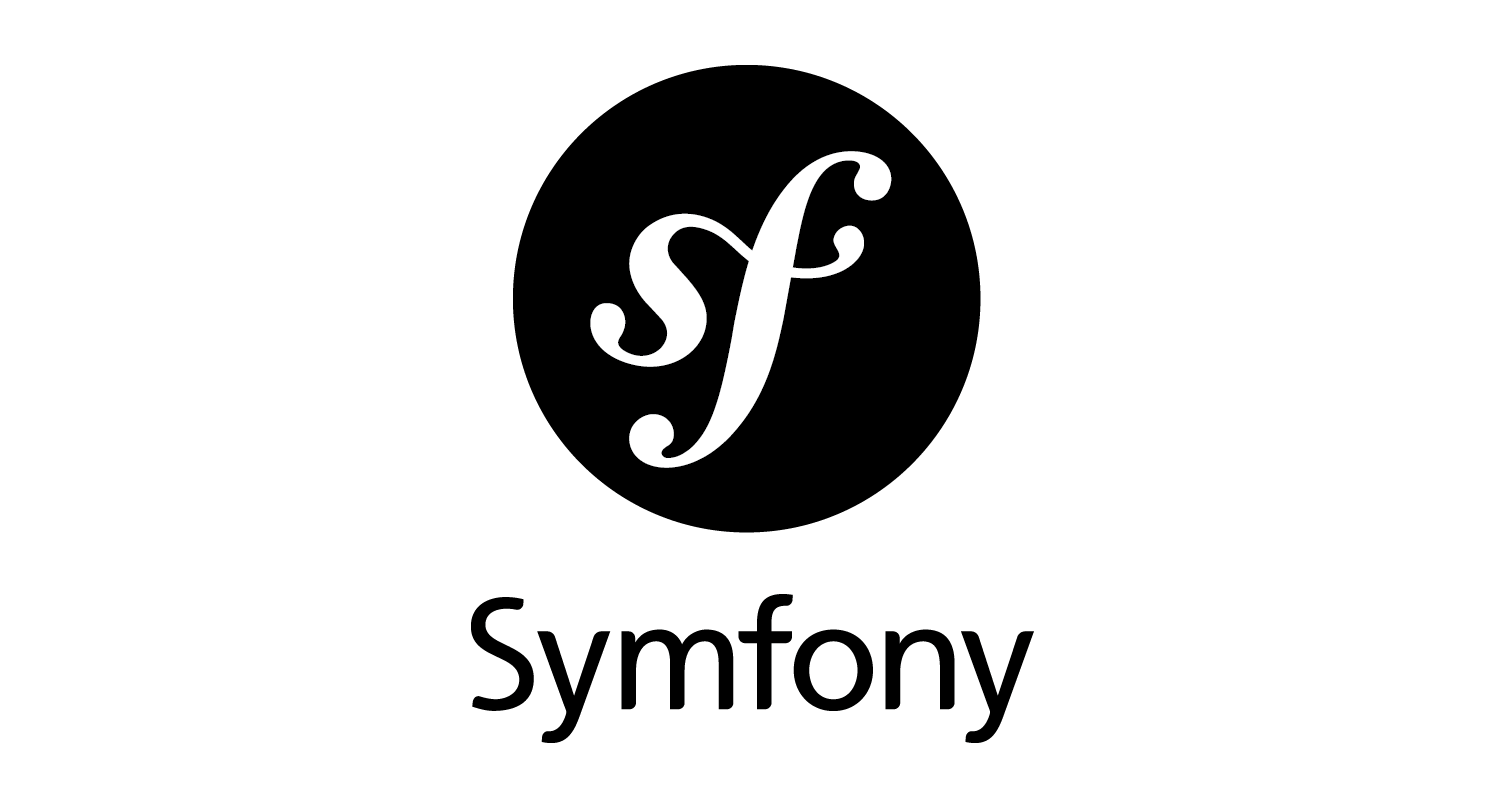
Symfony is an excellent choice for scalable web projects.
Why use Symfony?
- The framework is ideal for projects for large enterprise-level projects, due to the fact that it is easily customizable on any system.
- Some of its key features include PHP components, database engine independence, stability, adherence to most web best practices, and design patterns.
- It is a very flexible framework that can be integrated with many other libraries.
Disadvantages of Symfony
- The Symfony logon threshold can be higher than other frameworks because it's so hard to learn.
- Symfony's security mechanism is a bit hard to use, which can affect the security of your project if you make the slightest mistake.
- Symfony is a versatile framework, and this can speed up your projects.
Who uses Symfony?
- Sainsbury's Magazine - publishing house
- Intelius - search for public data about people
- Sony VAIO UK site - retail
- Sabatier Shop - retail
- Foot District - retail
Yii
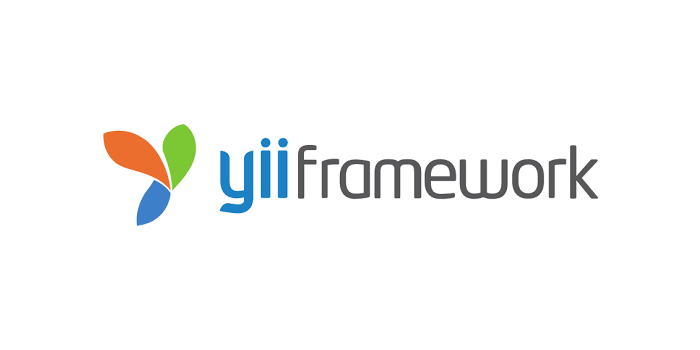
The name of this framework means "simple and evolutionary" in Chinese. It stands for "Yes, it is!
Yii is an easy-to-develop PHP framework. It is a universal framework and suitable for developing any web application.
Why use Yii?
- Yii is easy to install and configure. The documentation is also well-written and easy to use.
- Yii's excellent performance, elegant caching support and code generator tools are great for developing optimized Web applications.
- The Yii development team and a huge community of users make it easy to get support when you need it.
- Yii is highly extensible, making it easy for developers to customize every part of the underlying code.
Disadvantages of Yii
Yii has a steep learning curve, which makes it somewhat difficult to learn this framework, and as a consequence, there are fewer developers in the market with great code. It also requires more attention during development, as one mistake in the code can cause problems in the whole application.
Who Uses Yii?
- Crowdcube - crowdfunding platform
- WordCounter - editing tool
- Which? - consumer site
- Purple - retail
- YMCA - nonprofit organization
- Pastebin - online tool
- Fast Company Events - live and virtual events
CodeIgniter
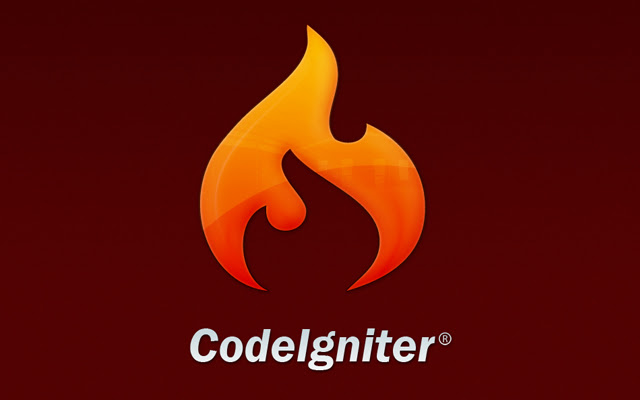
A fast framework suitable for dynamic web solutions.
Why use CodeIgniter?
- CodeIgniter is quite flexible when creating web solutions. The framework encourages development using the MVC architecture, but developers can also program using other architecture paradigms.
- Projects developed on CodeIgniter are protected from CSRF and XSS attacks.
- CodeIgniter supports several caching methods that help improve project performance.
Disadvantages of CodeIgniter
In terms of security, this framework is not the most reliable. Updates to CodeIgniter are released irregularly, which can cause dangerous "holes" in the code of projects.
Who Uses CodeIgniter?
- G-Shock - retail
- WooBox - marketing
- Buffer - technology
- TestandTrack - education
- Casio - technology
- Bike Easy - outdoor activities
Zend Framework / Laminas Project
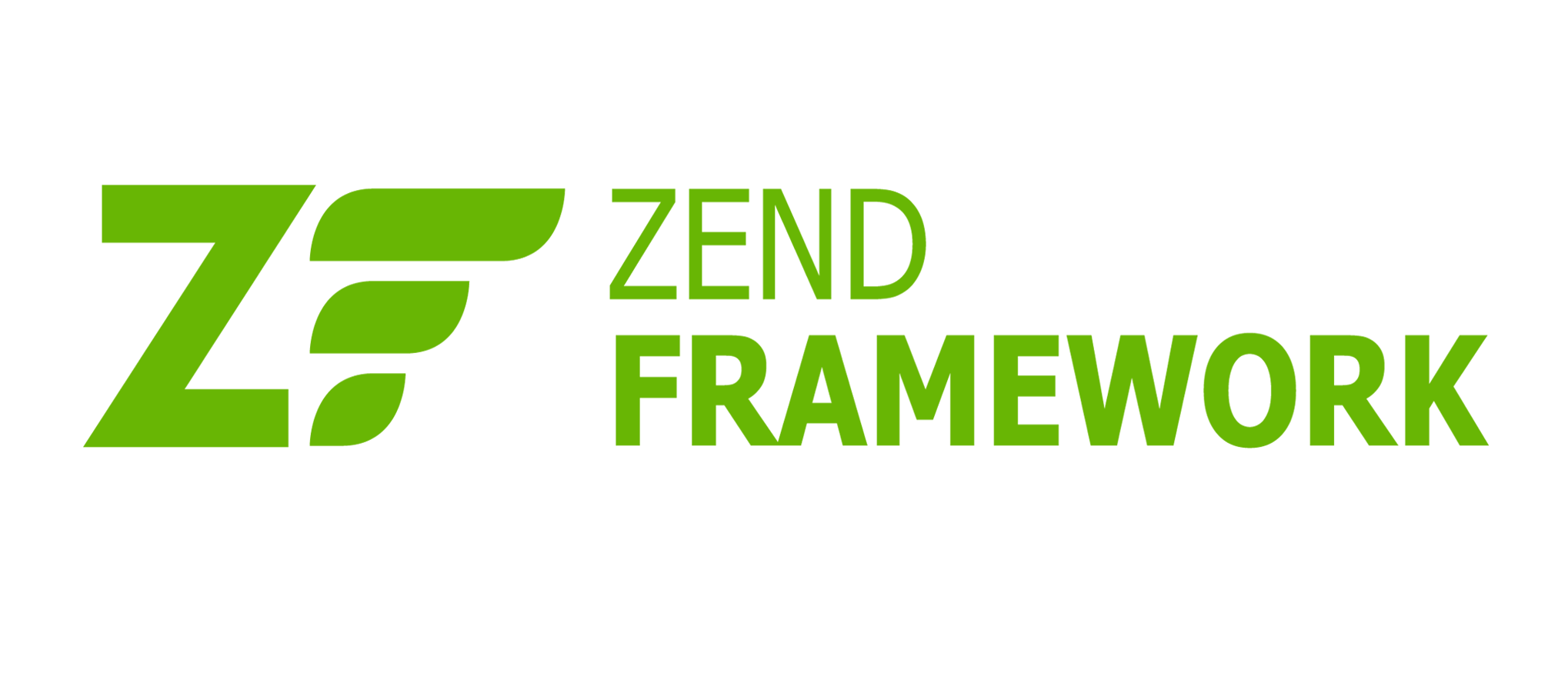
Zend is an object-oriented framework that uses features such as inheritance and interfaces, which make it quite extensible. The framework is easy to develop and suitable for feature-rich projects.
Zend is no longer being updated, and is moving to the Laminas project.
Why use Zend?
- Zend is mostly used in complex enterprise sector projects because it has structured and reusable code.
- This framework integrates with many third-party libraries.
- Zend offers excellent performance, security and extensibility.
Disadvantages of Zend
This framework is very difficult to learn, which can affect the cost of project development. Also, some Zend plugins can be expensive, which can be unprofitable for small projects.
Who uses Zend/Laminas?
- BBC - MEDIA
- BNP Paribas - finance
- Cisco Webex - video conferencing
Cake PHP
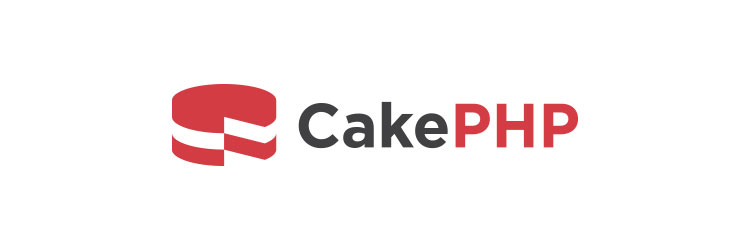
CakePHP is easy to develop, has minimal configuration and helps you create visually appealing and feature-rich web solutions.
Why use CakePHP?
- Easy installation - you only need a web server and a copy of the framework to get started.
- Security features include encryption methods, password hashing, SQL injection prevention, input validation, CSRF and XSS protection.
Disadvantages of CakePHP
This framework requires strict adherence to conventions and is not suitable for projects that require flexibility and quick changes.
Who uses CakePHP?
- Coconala - e-learning market
- GoodFirms - software market
- Printivo - e-commerce
- Citizens, Inc - financials
Phalcon
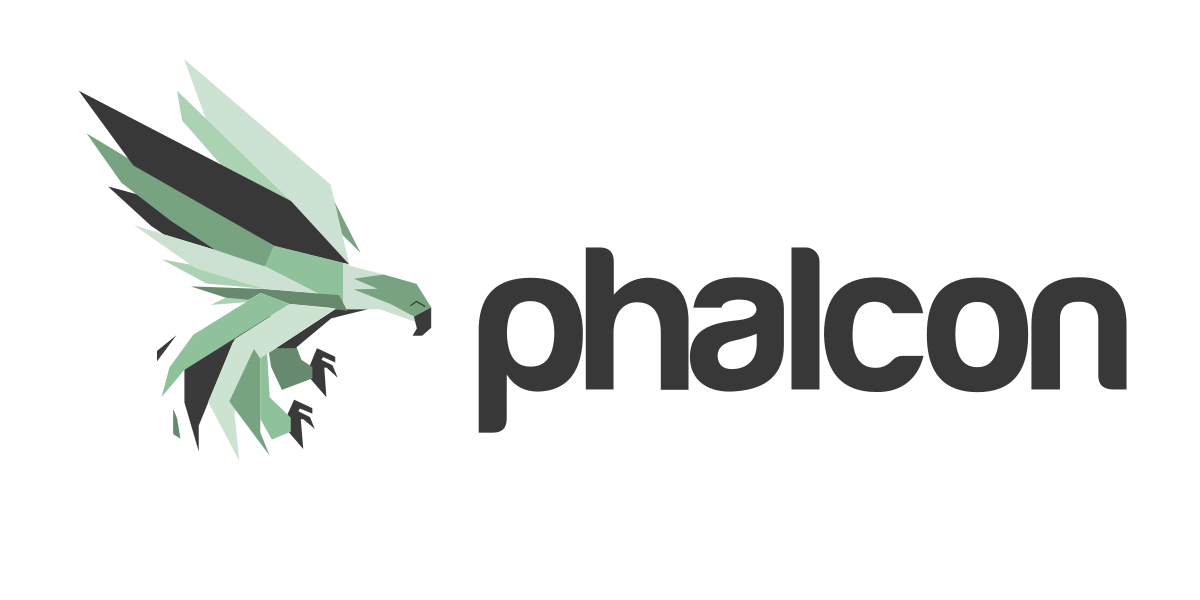
Phalcon is a high-performance, feature-rich PHP framework. It was developed as a web server extension written in C++.
Why use Phalcon?
- Phalcon is suitable for creating easily customizable projects according to enterprise best practices.
- Key features of the framework include high performance, good security and caching.
- The framework uses memory efficiently to help optimize resource performance.
Disadvantages of Phalcon
Like CodeIgniter, updates to Phalcon are quite rare, which can have a negative impact on the security of projects.
Who uses Phalcon?
- Learny Online - training
- Outsmart - analytics
- Marchi Auto - car dealership